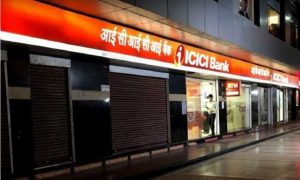While the number of private cryptocurrency exchanges operating in India is growing, the Union Government has no official data on them. The Government also doesn’t have any information on the number of investors linked to these exchanges.
In reply to a query on the number of cryptocurrency exchanges operational in India and the number of investors linked to them, Union Minister of Finance Nirmala Sitharaman in a written reply tabled in Rajya Sabha on Tuesday (July 27th, 2021) said: “This information is not collected by the Government.”
In response to another query on “whether it is a fact that narcotic drug traffickings and money laundering are being committed through many of the cryptocurrency exchanges”, FM Sitharaman said, “No such information has come to the notice of the Government.”
The Finance Minister also denied that the Government was planning to impose an equalisation levy on the number of investors who have bought cryptocurrency from abroad.
While the Government is not collecting information on crypto investors, their numbers have grown exponentially in the last 1-2 years.
As per various estimates, there are around 1.5 crore crypto investors in the country. Also, around 350 startups are said to be working in the blockchain and crypto space.
A Bloomberg report last month reported crypto investment by Indians exploded from $923 million in April 2020 to around $6.6 billion in the past year.
The Government is expected to be working on a cryptocurrency bill. Meanwhile, the RBI is also planning to introduce Central Bank Digital Currency (CBDC) in a phase-wise manner to curb the damaging consequences of private virtual currencies. RBI Deputy Governor T Rabi Sankar recently said that the central bank was “working towards a phased implementation strategy and examining use cases which could be implemented with little or no disruption”. RBI is currently examining the scope of CBDCs, the underlying technology, the validation mechanism, distribution architecture and degree of anonymity etc.



































